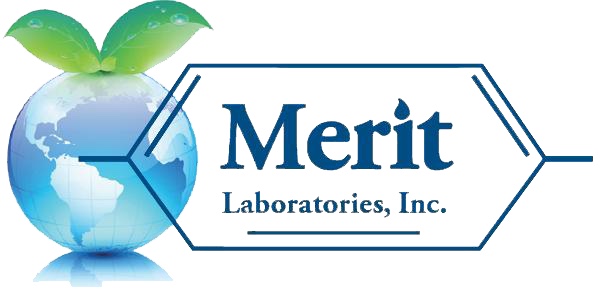There are many locations in the state of Michigan where PFAS pollution has become widespread and where warnings been put in place such as; ’Do Not Eat’ fish advisories, and ‘No Swim Zones’. For example, residents living near the Wurtsmith Air Force Base, have health advisories in place warning people not to consume fish, deer and other wildlife in several areas, and avoid toxic surface water foam.
The federal government, however, has yet to provide a universal, nationwide standard for PFAS. According to a 2018 Pentagon report to Congress, “the military prefers PFAS cleanup levels around 380-ppt, which is nearly six times higher than the EPA’s unenforceable health advisory level of 70-ppt that the Defense Department has been using as it’s standard threshold.”
Fortunately, Michigan has the right legislation in place to clean-up areas around the state. Michigan’s groundwater cleanup criteria for is now 8 ppt for PFOS and 16 ppt for PFOA.
There is a chance to amend the legislation in the National Defense Authorization Act (NDAA),which is an annual bill that contains hundreds of military budget and policy provisions and would require the DOD to use the most stringent standards to clean-up PFAS. The key is the “strictest available standard” language, which would required the DOD to meet Michgan’s cleanup standards.
Rep. Elissa Slotkin, D-Holly, the U.S. Representative for Michigan's 8th congressional district, authored the provision to “eliminate the need for drawn-out negotiations between states and the military over whether to abide by an unenforceable federal life-time advisory threshold, or by stricter, enforceable state limits being developed to combat PFAS contamination.”
The Michigan Department of Environment, Great Lakes and Energy (EGLE) has issued the PFAS standards, requiring industrial polluters to filter the chemicals from effluent that’s being sent to municipal wastewater plants and discharged to state waterways. In addition, Michigan’s new state cleanup standards have the potential to enforce limits on PFAS chemicals in public drinking water. Although, Michigan is not alone in the battle of these forever chemicals, it certainly has been a national leader in addressing PFAS contamination.
Merit is a leading national PFAS environmental laboratory, analyzing drinking water, soil, wastewater, groundwater, and other sample matrices, including biosolids and sludge. Analytical methods performed by Merit for PFAS include drinking water by EPA 533, EPA 537.1, and EPA 537 rev. 1.1 and soil, wastewater, groundwater, and surface water by ASTM D7979 with Isotopic Dilution.

